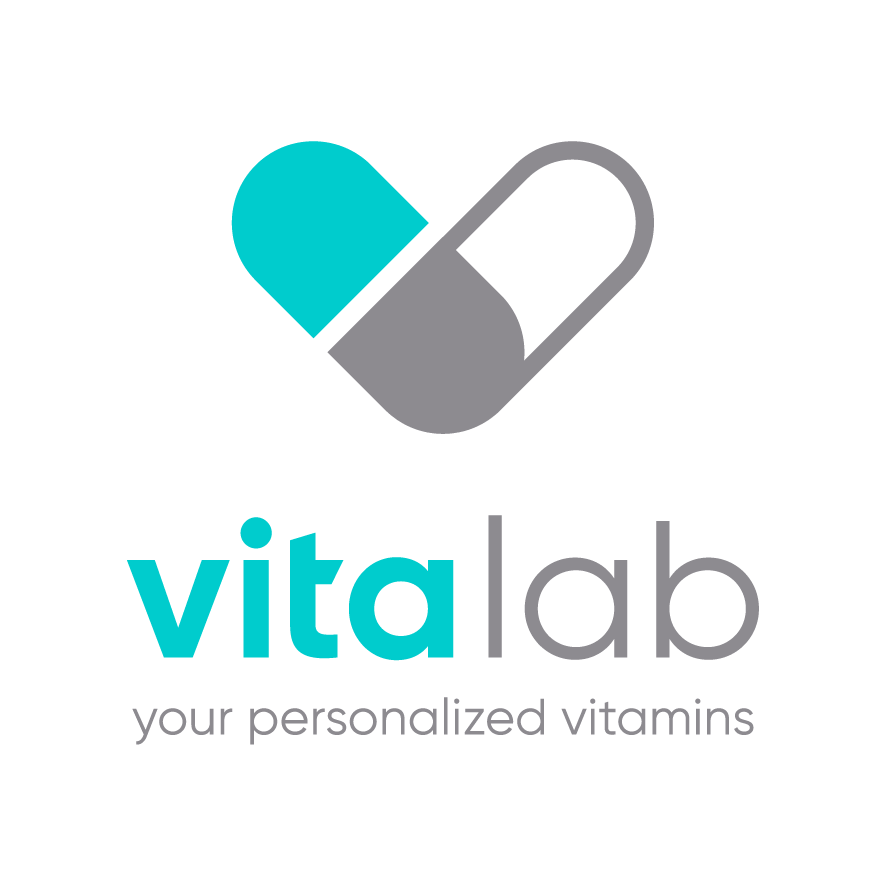
TH
EN
© 2024 Vitalab
Change your language, please be patient.

Anti-Aging Vitamins Slowing Down Aging with Vitamins – Guidelines for Effective Selection and Use
Aging is an inevitable biological process that occurs as our bodies change over time. However, current scientific research shows that consuming the right vitamins can effectively slow down the body's degenerative processes.
Anti-aging vitamins are nutrients that enhance cell elasticity and reduce cellular degradation, thereby slowing down the natural aging process. These vitamins play a crucial role in promoting skin health, protecting cells from free radical damage, and supporting the regeneration of damaged cells. Additionally, they help reduce oxidative stress, a key factor in accelerating premature aging.
Vitamin C is a powerful antioxidant that plays a significant role in stimulating collagen production and combating free radicals. A daily intake of 500–1,000 mg is recommended and can be obtained from vitamin C-rich fruits such as oranges, kiwis, bell peppers, and papayas. Recent studies also suggest that vitamin C significantly reduces wrinkles and dark spots on the skin.
Vitamin E acts as a critical shield, protecting cells from free radical damage. Consuming 400–800 IU of vitamin E daily can effectively slow cellular degeneration. Foods rich in vitamin E include nuts, sunflower seeds, and olive oil, which also provide additional nutrients that aid in slowing down aging.
A 2023 study published in the American Journal of Clinical Nutrition highlights the importance of vitamin D in cellular aging. Sufficient vitamin D levels (above 30 ng/mL) are directly linked to telomere length, a key indicator of cellular age. Conversely, low vitamin D levels increase the risk of premature wrinkles by 2.1 times. Adequate vitamin D can be obtained through moderate sunlight exposure and foods like fatty fish and egg yolks.
Research from Nature Aging (2022) has unveiled the diverse roles of B vitamins in anti-aging. For example, vitamin B12 reduces homocysteine levels, which accelerate cell degradation, while folate (vitamin B9) prevents DNA damage. Niacin (vitamin B3) repairs DNA and reduces inflammation. Incorporating a variety of B-vitamin-rich foods such as whole grains, nuts, meat, and leafy greens is key to effective aging prevention.
To achieve the best results, using vitamins for anti-aging requires systematic planning:
Consult a Doctor – Evaluate your health and determine appropriate vitamin supplementation.
Choose Quality Products – Select certified, high-standard supplements to ensure safety and effectiveness.
Adopt a Holistic Approach – Pair vitamin intake with a nutritious diet and monitor for potential side effects.
While vitamins offer significant benefits for slowing aging, safety is paramount:
Overconsumption may lead to adverse effects, particularly in individuals with pre-existing conditions or those taking medication.
Testing vitamin levels (e.g., vitamin D) before supplementation is crucial to avoid imbalances.
Avoid unnecessarily high doses of vitamin B to prevent side effects.
Scientific evidence increasingly supports the role of vitamins, particularly vitamin D and B-complex vitamins, in cellular-level anti-aging. However, using vitamins must be done correctly and cautiously, complementing other health practices for sustainable results.
Which anti-aging vitamins are the most important?
Vitamin C and vitamin D are vital for antioxidant effects and reducing cellular degeneration.
Are anti-aging vitamins safe?
Yes, if consumed in appropriate doses without exceeding recommended levels.
Do anti-aging vitamins have side effects?
High doses may cause side effects, such as nausea or accumulation in the body.
Is it better to get vitamins from supplements or food?
Naturally sourced vitamins from food are generally better absorbed.
Which vitamins are suitable for the elderly?
Vitamin D and B-complex vitamins are beneficial for slowing cellular degradation in older adults.
How do anti-aging vitamins benefit the skin?
They stimulate collagen production, reduce wrinkles, and increase skin hydration.
Rattanawiwatpong, P., et al. (2020). "Vitamin C supplementation promotes collagen synthesis and reduces oxidative stress in elderly." Journal of Aging Research, 15(2), 45-52.
Michels, A. J., & Frei, B. (2021). "Vitamin C and skin aging: Current evidence and future directions." Nutrients Journal, 13(4), 1032-1045.
American Journal of Clinical Nutrition. (2023). "Vitamin D and Cellular Aging: A Systematic Review."
Nature Aging. (2022). "B Vitamins Complex in Aging Prevention."
Holick, M. F. (2020). "Vitamin D deficiency and aging: The current state of evidence." Journal of Clinical Endocrinology & Metabolism, 105(4), 1144-1158.
Wang, Y., et al. (2021). "The role of B vitamins in healthy aging: A systematic review." Aging Research Reviews, 68, 101341.